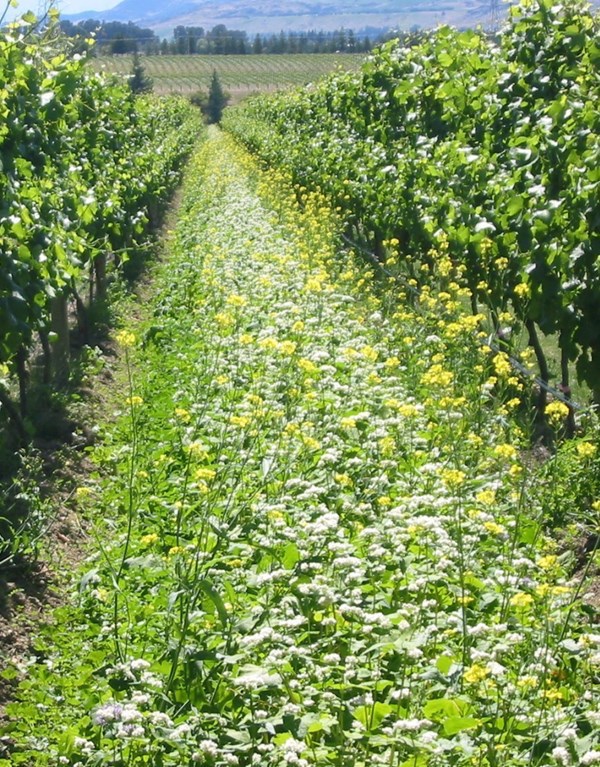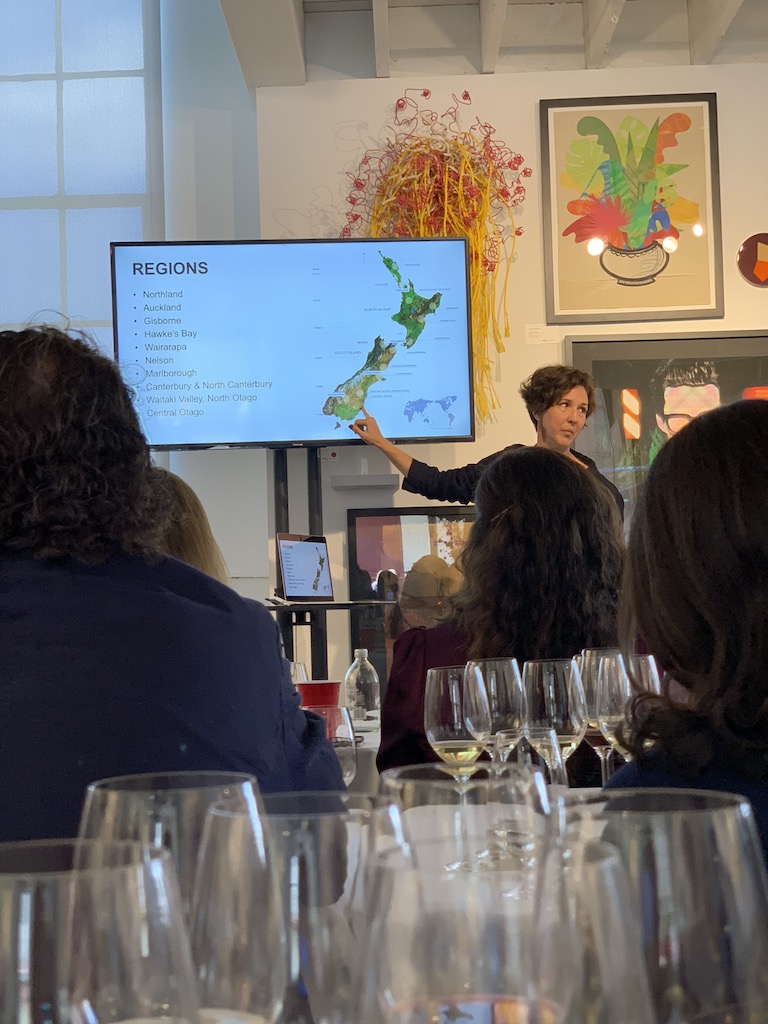New Zealand: Leading the Way in Sustainability
Last week was Organic Wine Week in New Zealand and to celebrate here in the States they hosted a tasting and seminar at Fort Mason in San Francisco. The seminar, which was led by the engaging Elaine Chukan Brown and Kim Crawford of Loveblock Vintners, featured nine wines in three categories, including ‘sustainable,’ ‘organic’ and ‘biodynamic’ and was followed by a larger tasting of over 15 wineries and almost 50 wines.
I was familiar with many of New Zealand’s sustainable wineries, but I had not realized the cumulative effort and dedication as a nation towards sustainability. Although they are a relative newcomer in the wine world, New Zealand is setting standards and outpacing many other wine regions in sustainable and organic practices. As of this year, 98% of their vineyards are sustainable and 10% are certified organic (only Spain is higher with 11% organic vineyards).
Although impressive, it is perhaps not totally surprising. New Zealand is a pretty unique wine growing region. As an island nation, they have had a completely different mindframe from the beginning. With finite resources and limited expansion opportunities, preservation is paramount. Likewise, as a land of mostly immigrants, they are untethered to century-old family estates and traditions. Therefore, from the beginning they have had to collaborate with each other to build their wine industry, and in doing so, they have developed a mindset more future-facing than steeped in the past.
One of the biggest collaborative efforts started in 1994, when a bunch of growers got together to create “Sustainable Winegrowing of New Zealand” (SWNZ). It took them three years, but in 1997 they finalized a robust, multi-level system and comprehensive plan. With nine pillars of sustainability and standards for continual improvement, they created a holistic solution that included everything from biodiversity and pest management to energy and people. Since then, this certification has been used as a standard-bearer for sustainable initiatives and practices throughout the country.
During the tasting, each winery had a piece of the story to share. Two wineries that dove deep into explaining their vineyard practices were Greywacke and Mt. Beautiful. Although the term “minimal intervention” is used often, sustainable vineyard care is anything but easy. Greywacke, for example, focuses on reducing yields and maintaining careful canopy management, which means shoot thinning early in the season, bunch thinning after fruit set, and mechanical trimming and hand leaf removal later if necessary. They also uses under-vine weeding techniques to improve soil porosity and minimize run-off. Both wineries talked about planting lush ground cover to attract beneficial insects for natural pest control, then allowing these flowers to decompose to add nutrients back to the soil. The return on this natural way of farming is a distinctively restrained profile that allows for full expression of terroir.
Community and good citizenship is another piece of New Zealand’s sustainable model. Astrolabe Wines focused on their relationship with their growers, who all live on the land that they farm. This arrangement is not only good for the workers, but it also instills a respect for the natural environment.
Villa Maria Estate, who is one of the founders of SWNZ, has been committed to sustainable and organic practices since the beginning. One of their current initiatives is on carbon emissions, which includes using rail-freight for domestic shipments, new refrigeration technologies, and off-set flight emissions through Air New Zealand’s FlyNeutral program.
There were completely organic producers like Clos Henri and Loveblock that are employing some unique and interesting techniques. Kim Crawford of Loveblock explained his idea of “green washing,” which is his method of constantly testing of new organic techniques. One example is in his Orange Sauvignon Blanc. To avoid sulphur, he uses green tea as a natural antioxidant. It’s a fascinating example of experimentation, and lends beautiful spice notes and bright freshness to the finish.
At Quartz Reef in Central Otago, Rudi Bauer is completely biodynamic, down to his certified organic cows that make all the compost. Every aspect of his farm, from start to finish, is managed organically and can be traced back to its source. And the result is in the bottle, with stunning wines that show both grace and enticing freshness.
This conversation of sustainability seems particularly relevant and necessary today. We can all take a chapter out of New Zealand’s book, shifting the focus from the past to the future, and embodying the Māori idea of Tūrangawaewae: “Place where we stand”.
- Megan Greene






